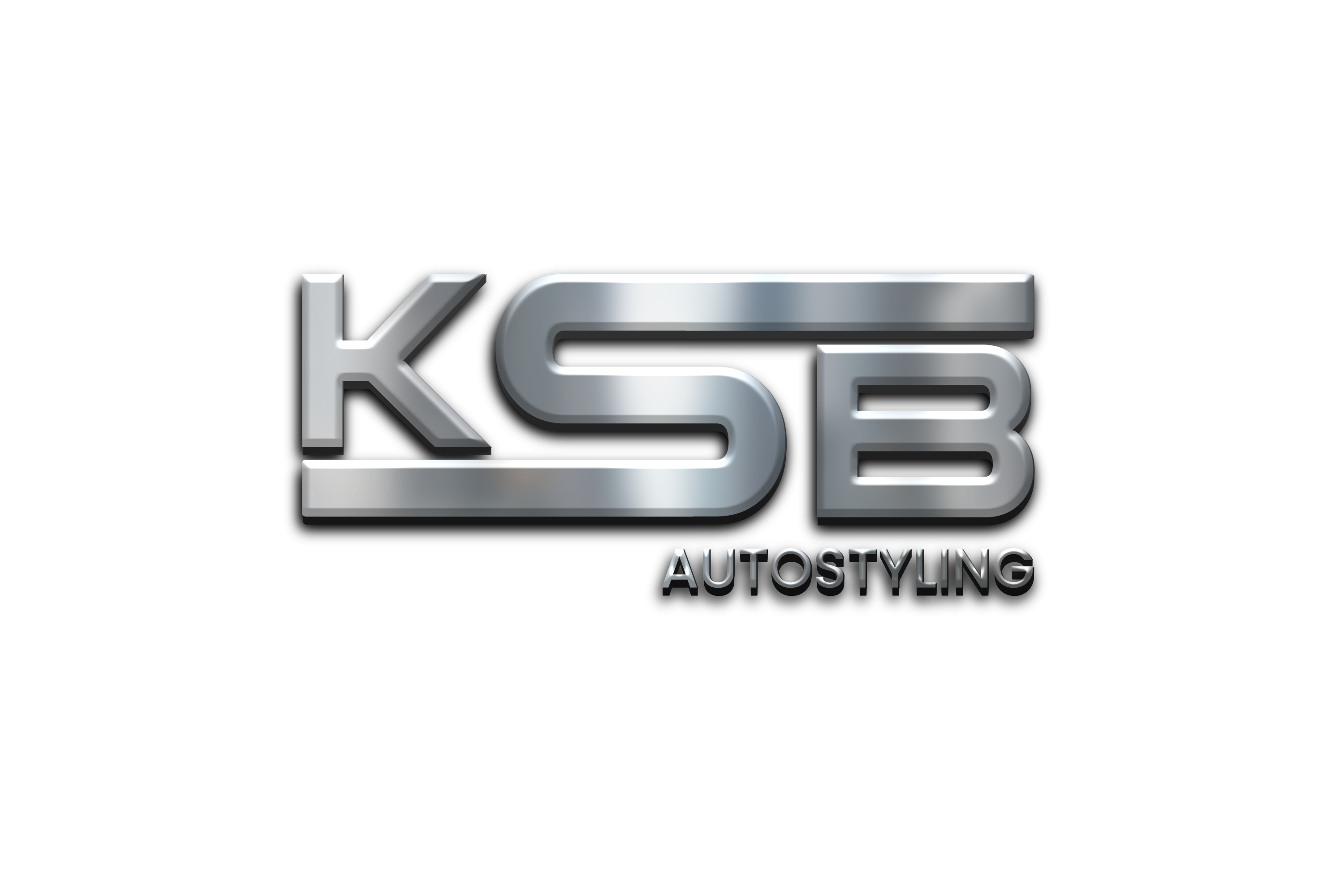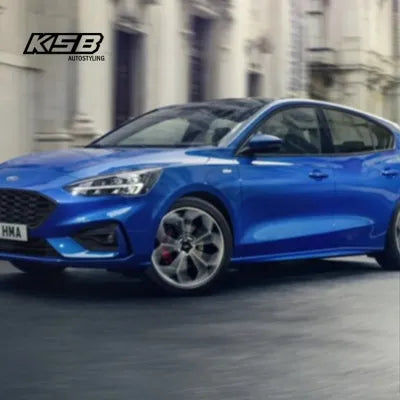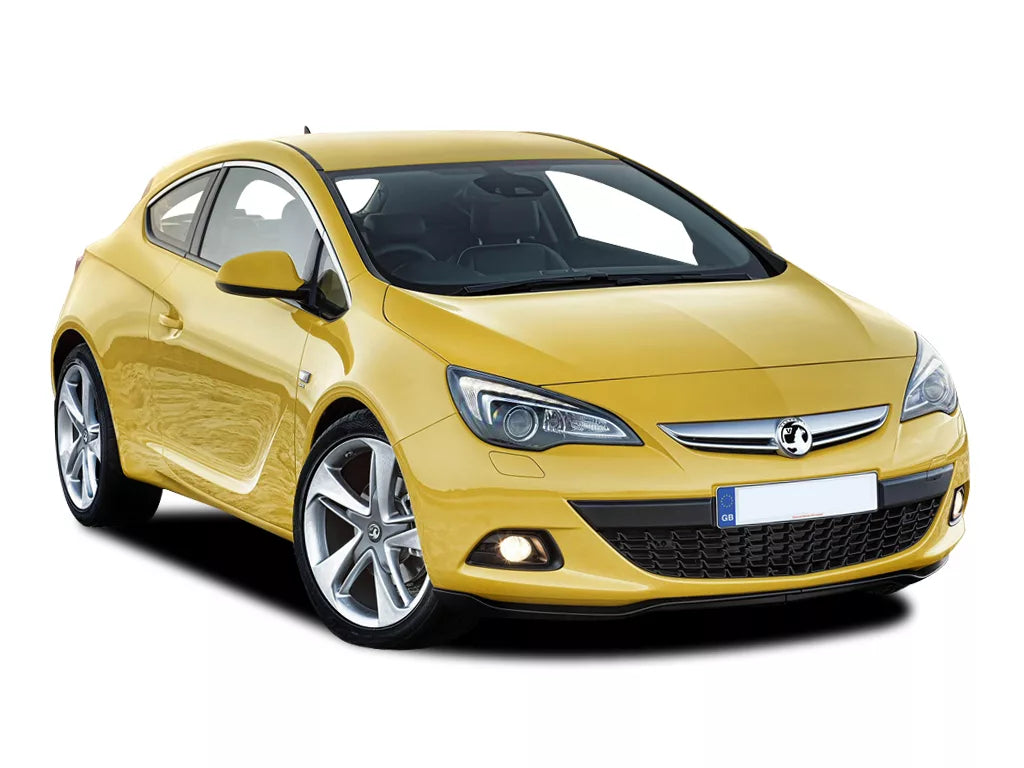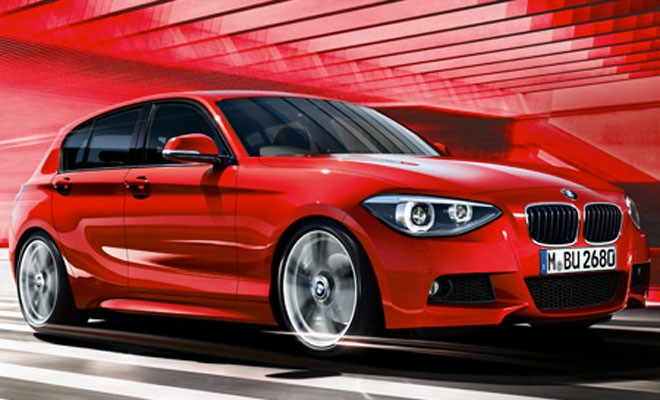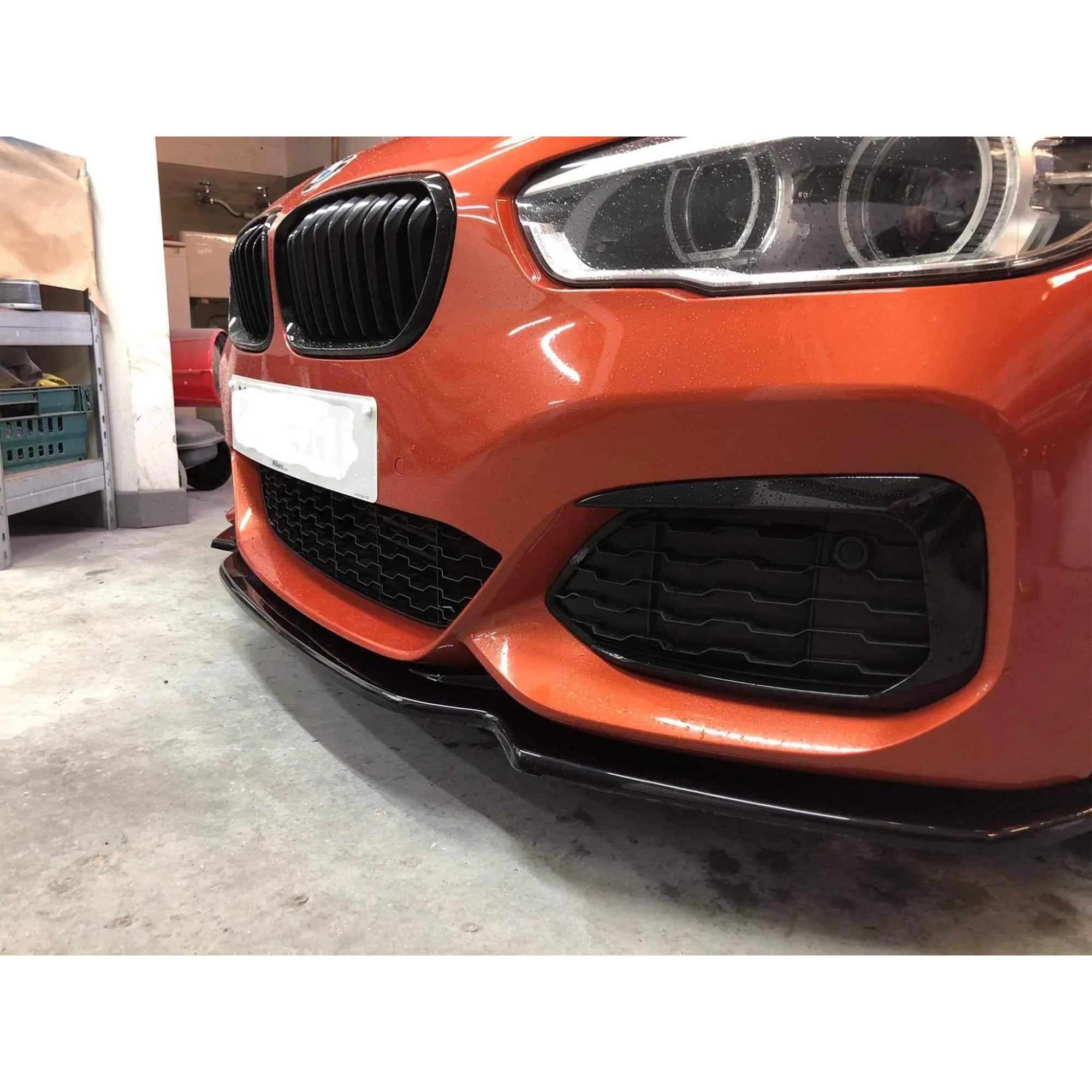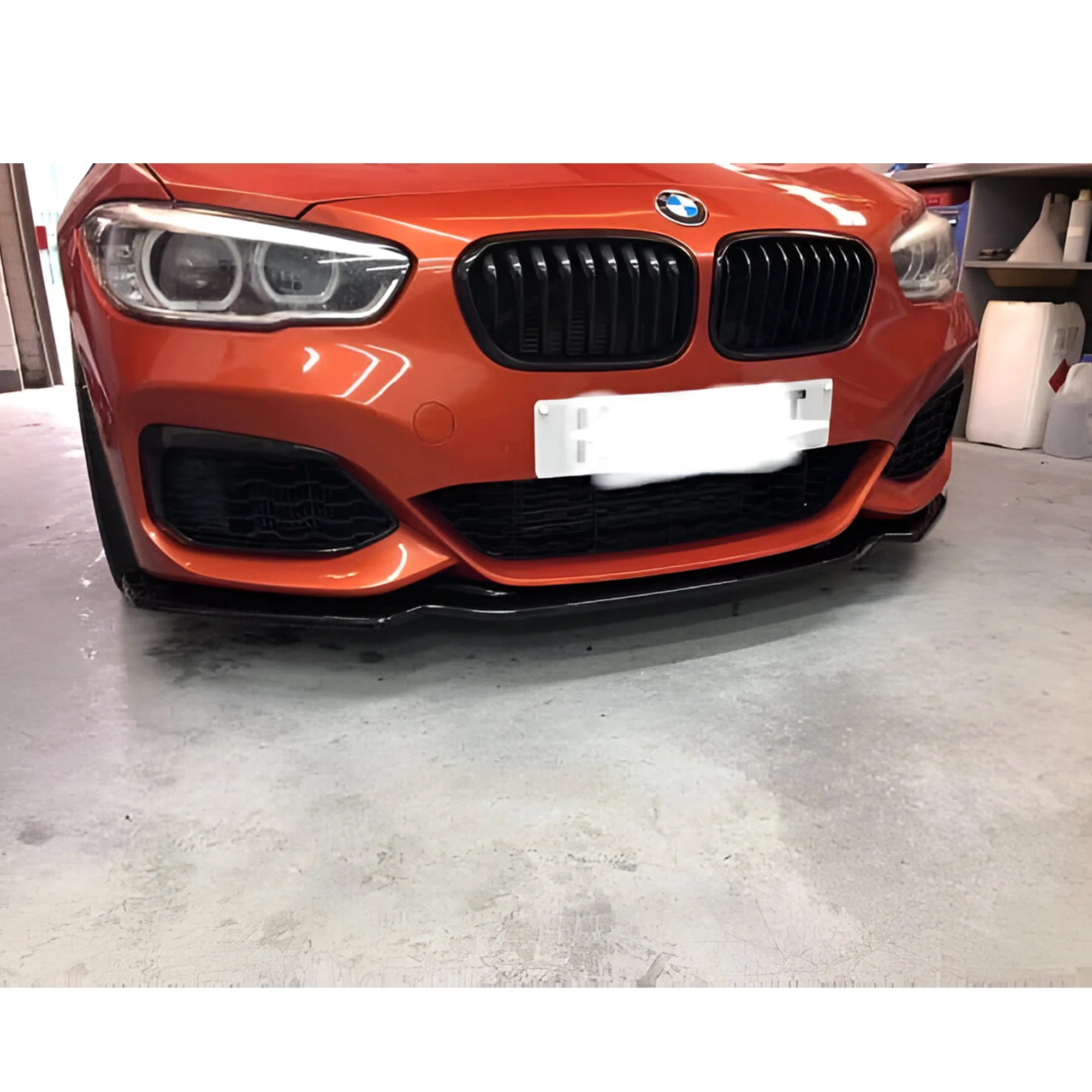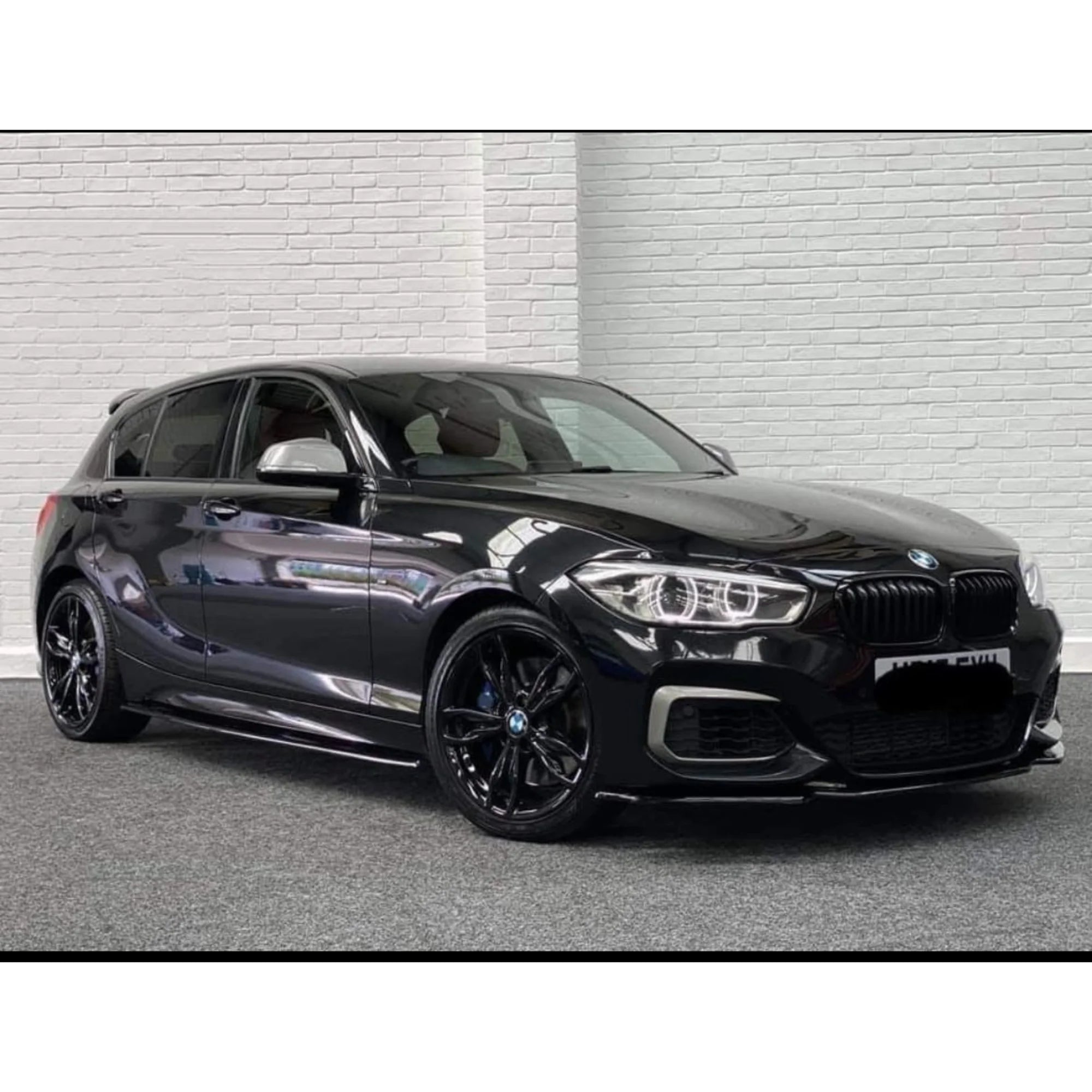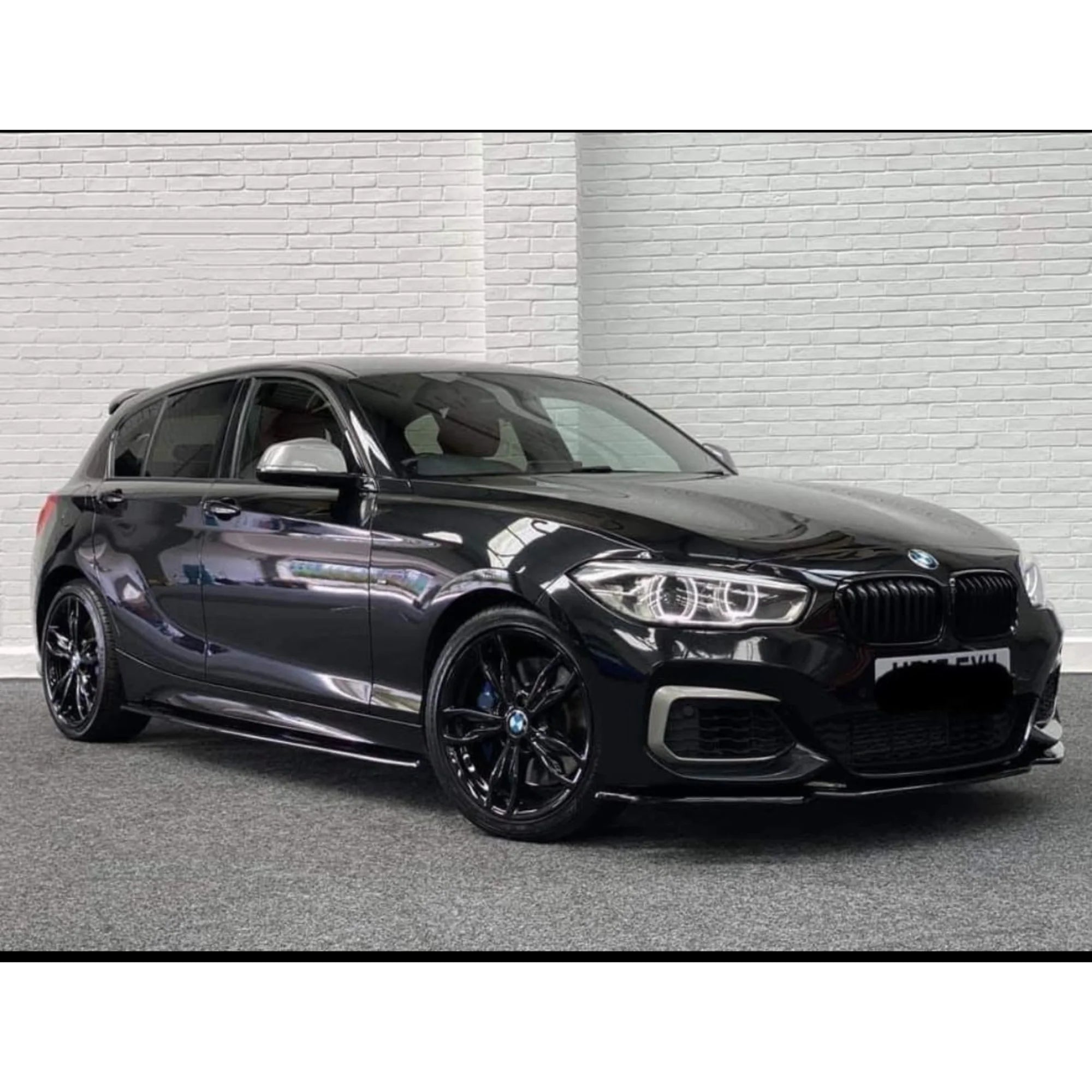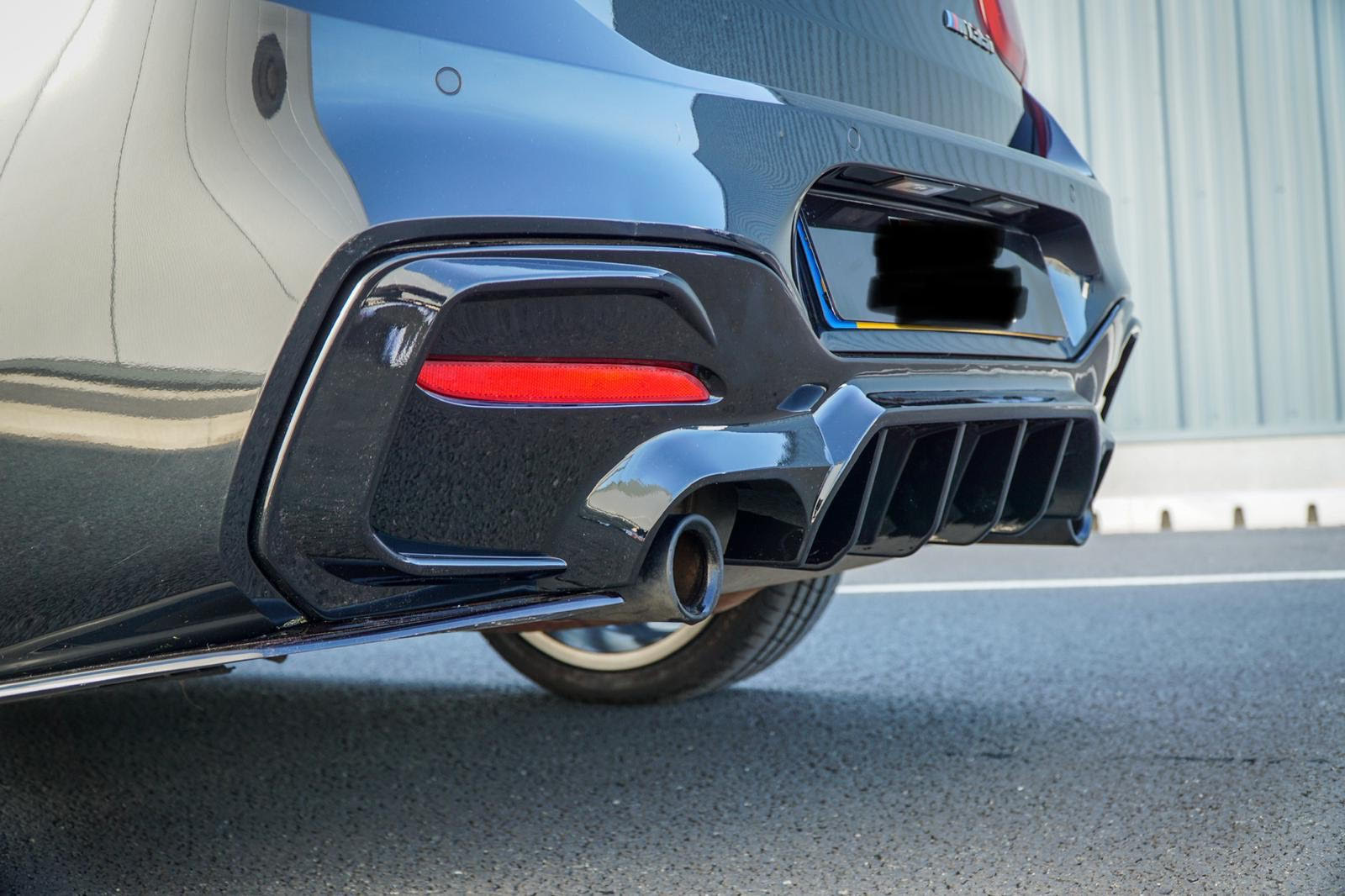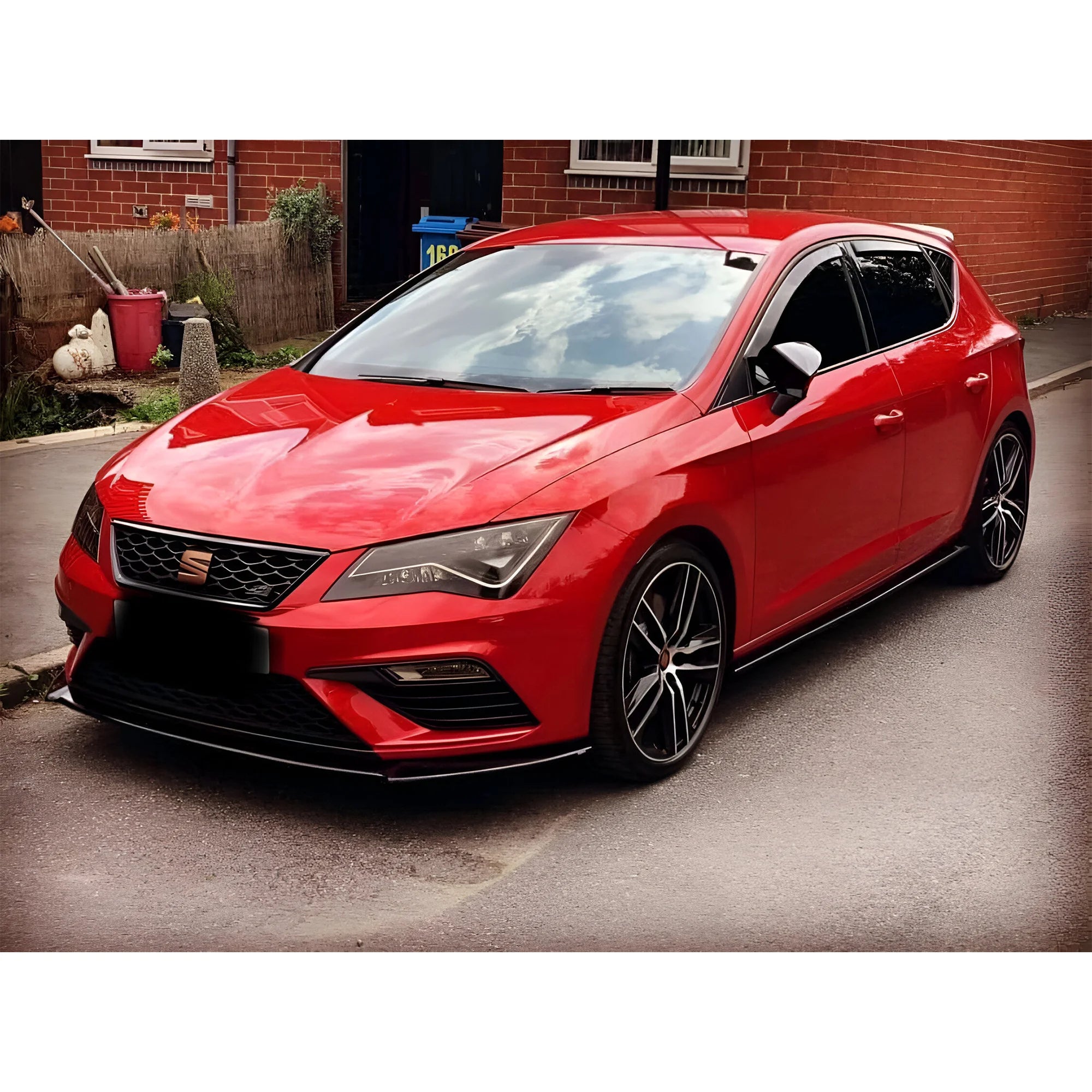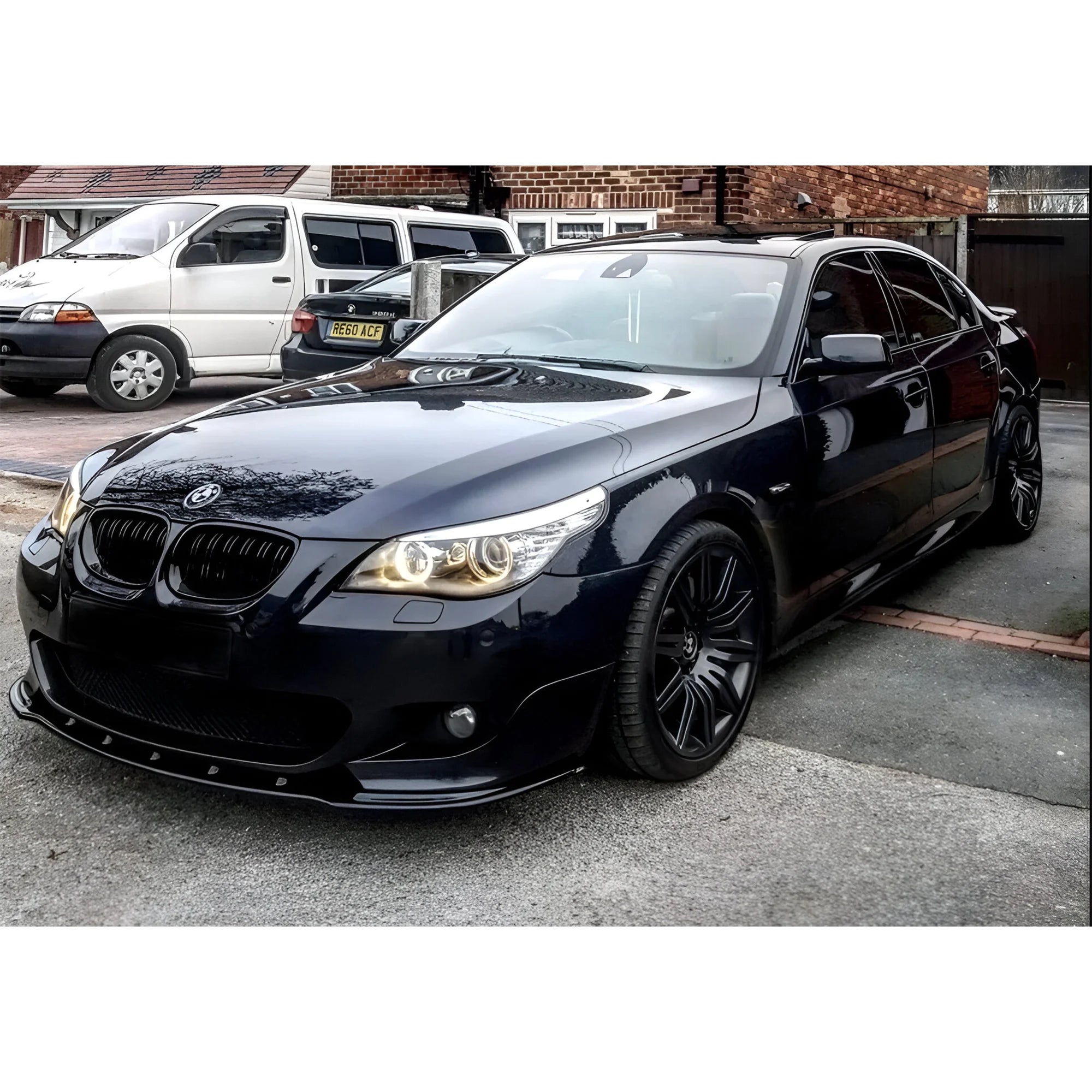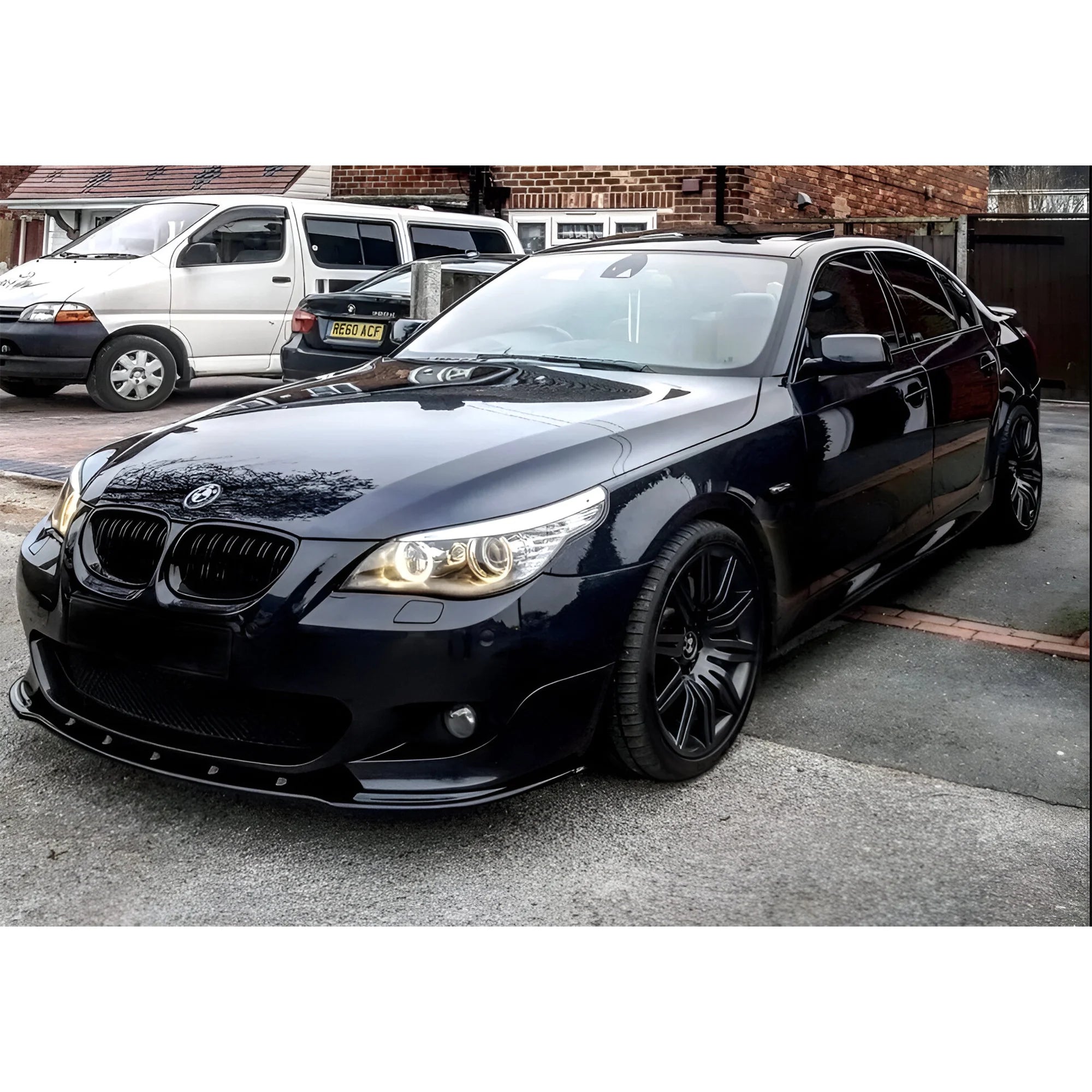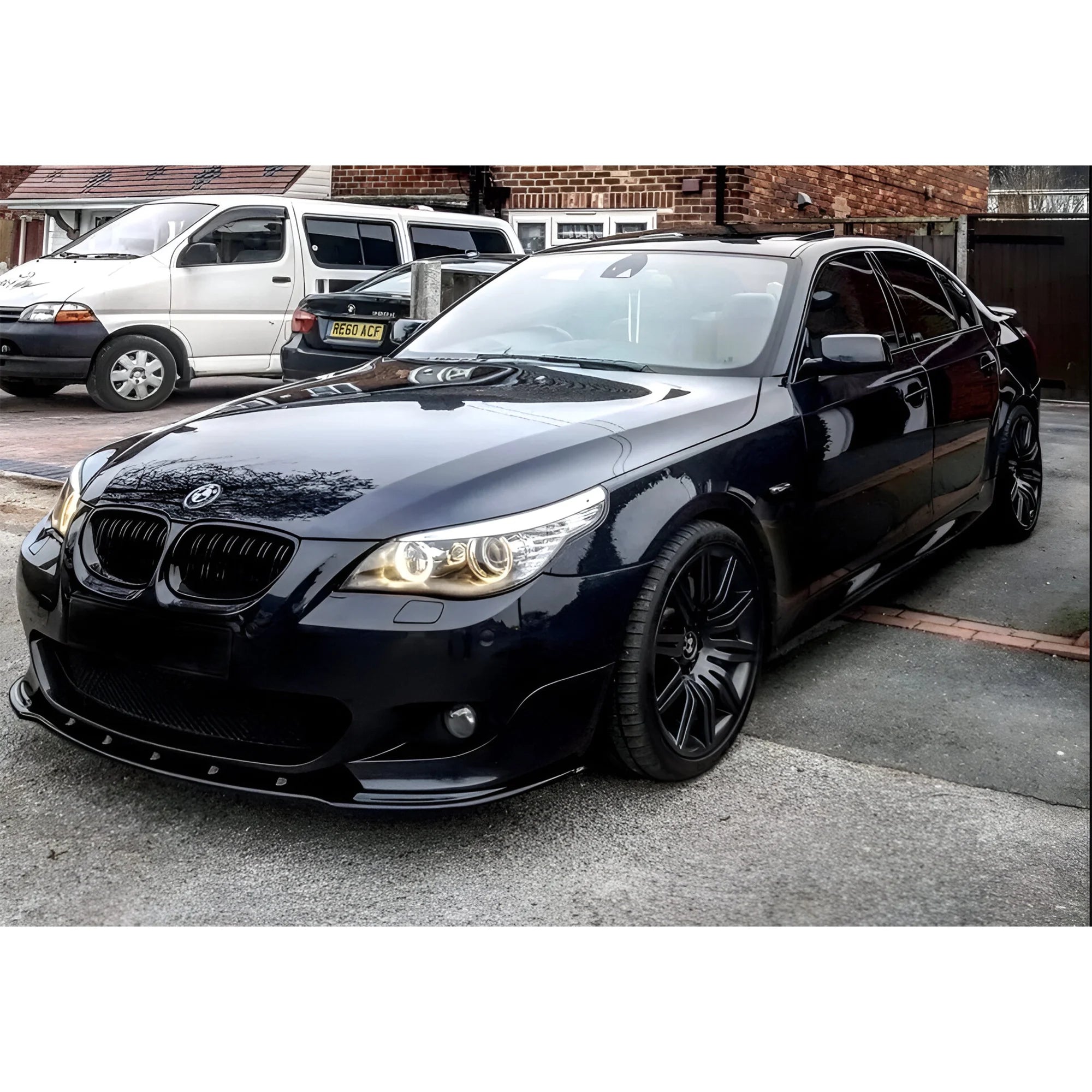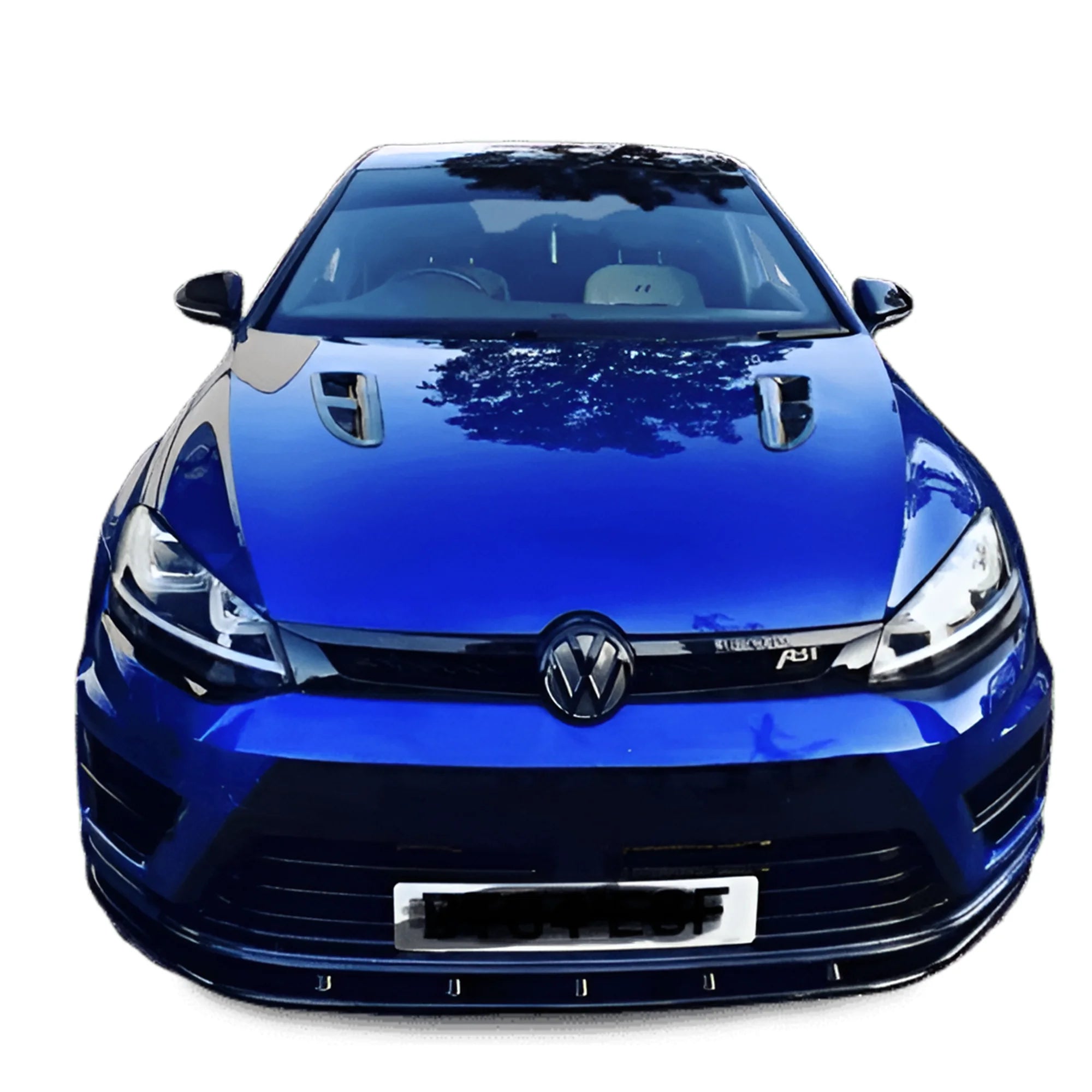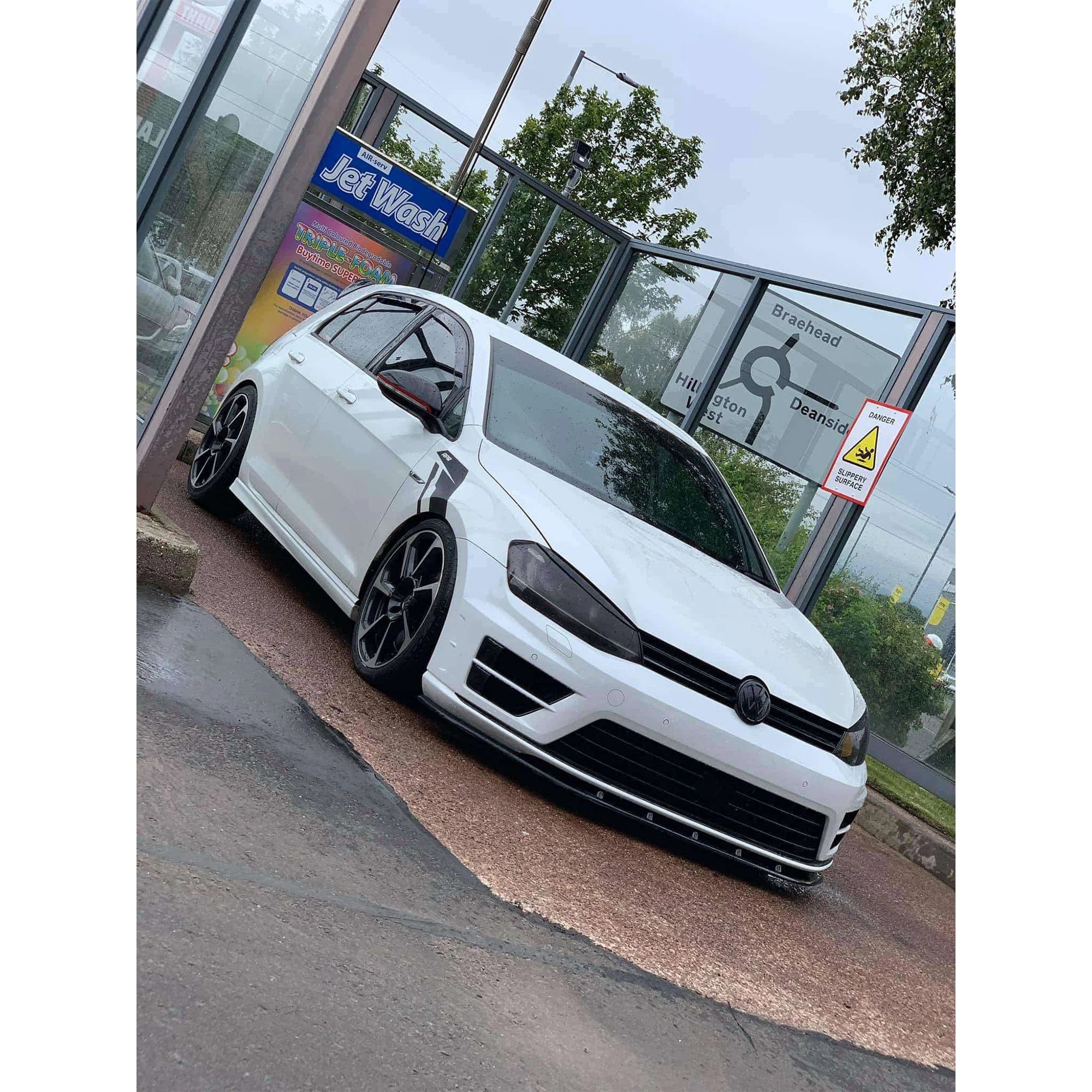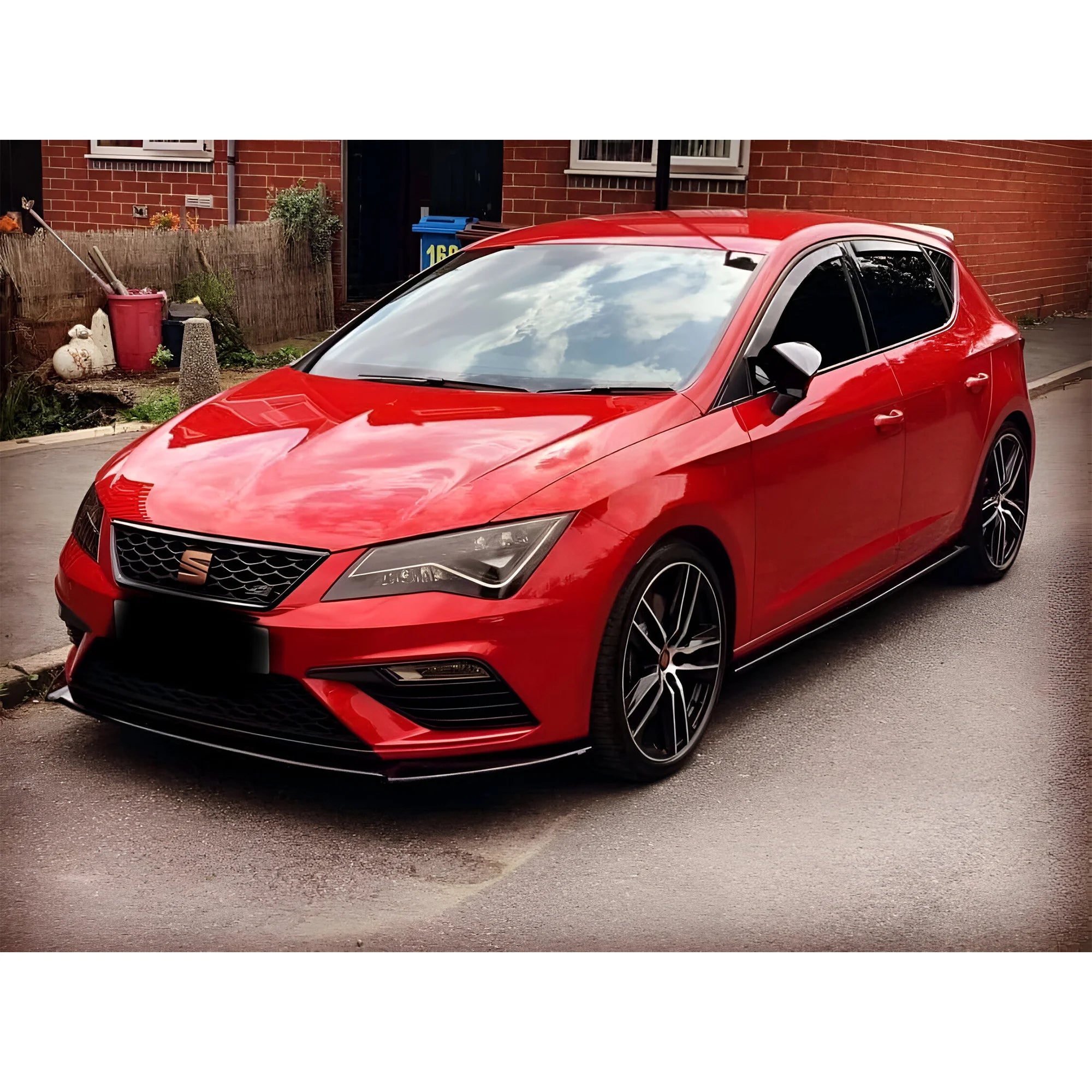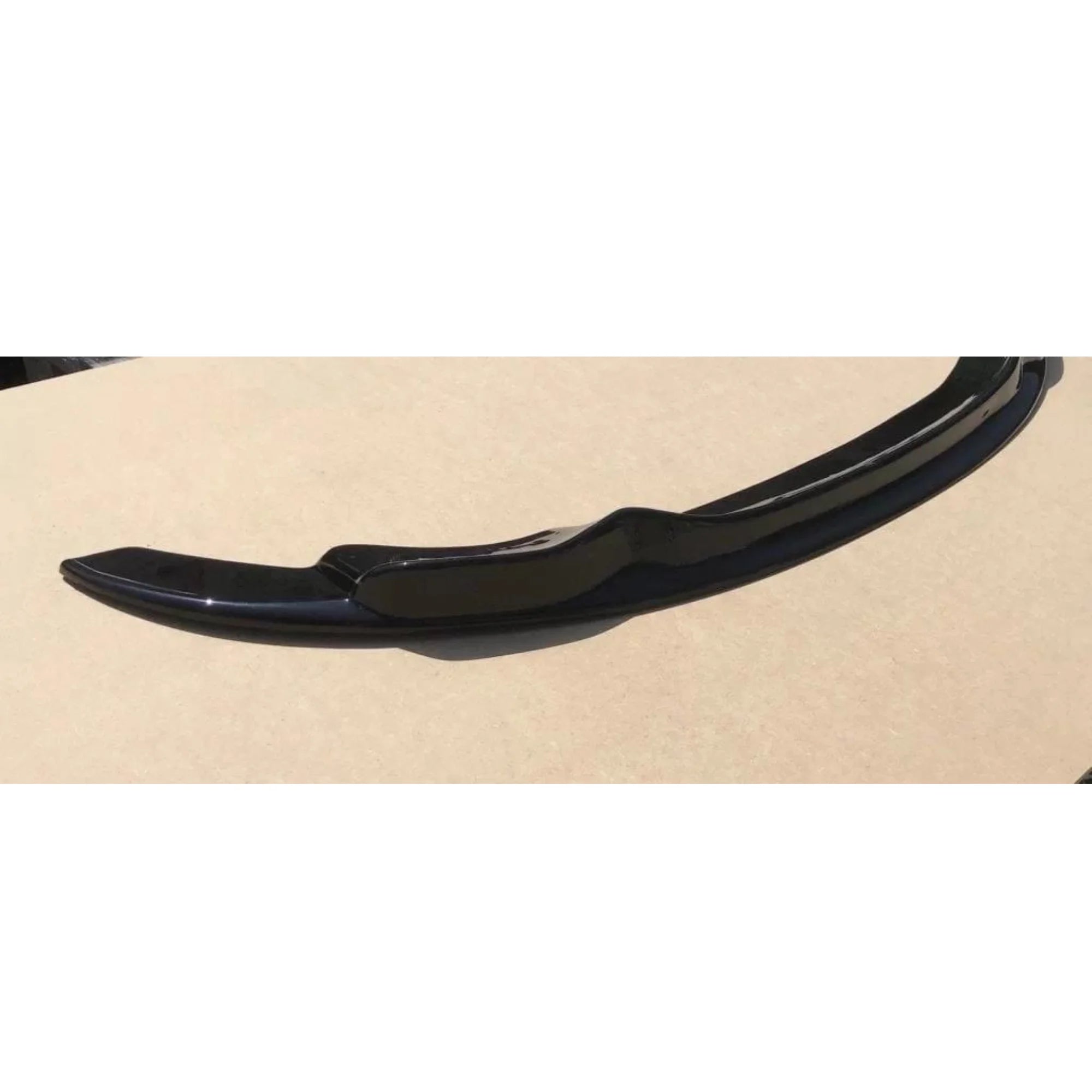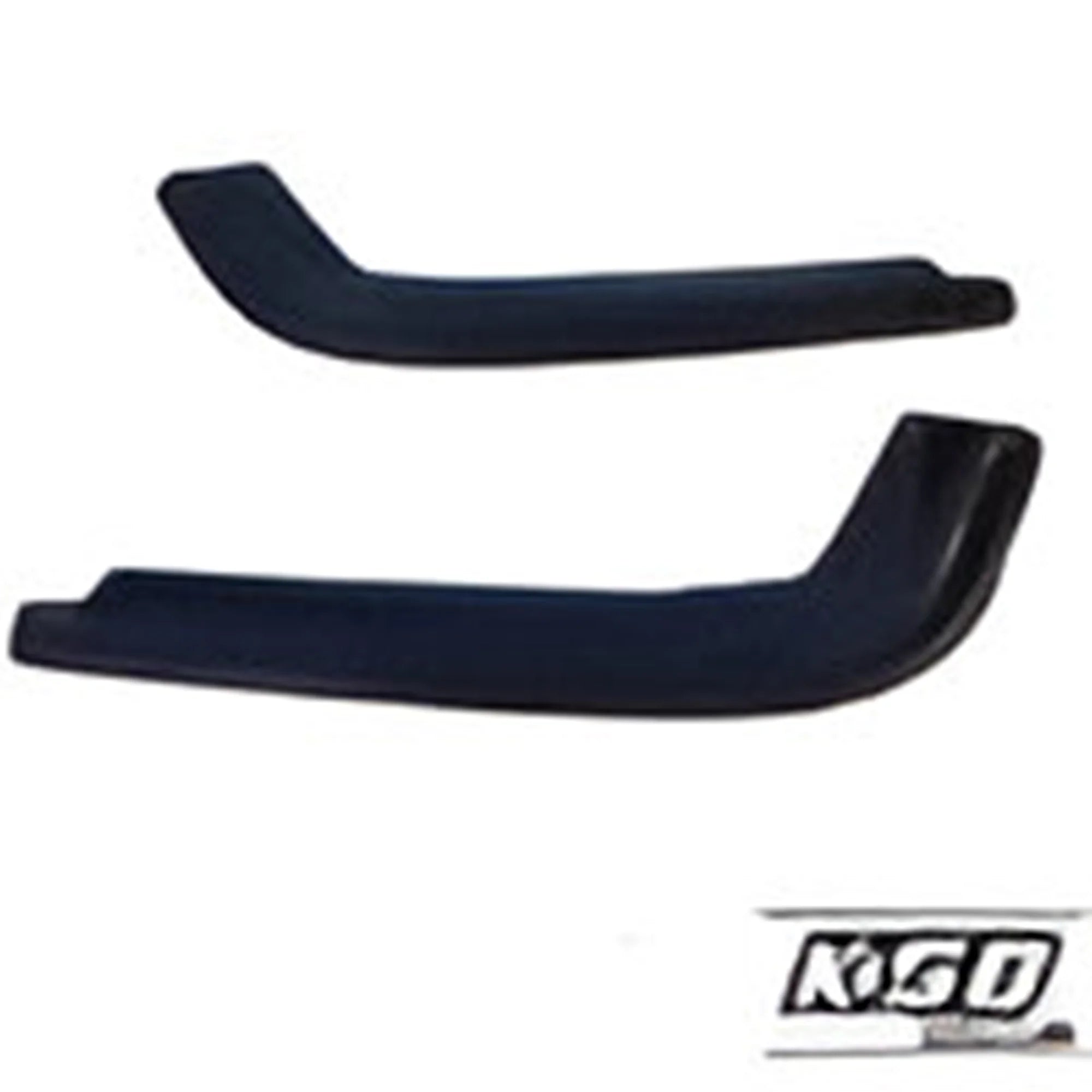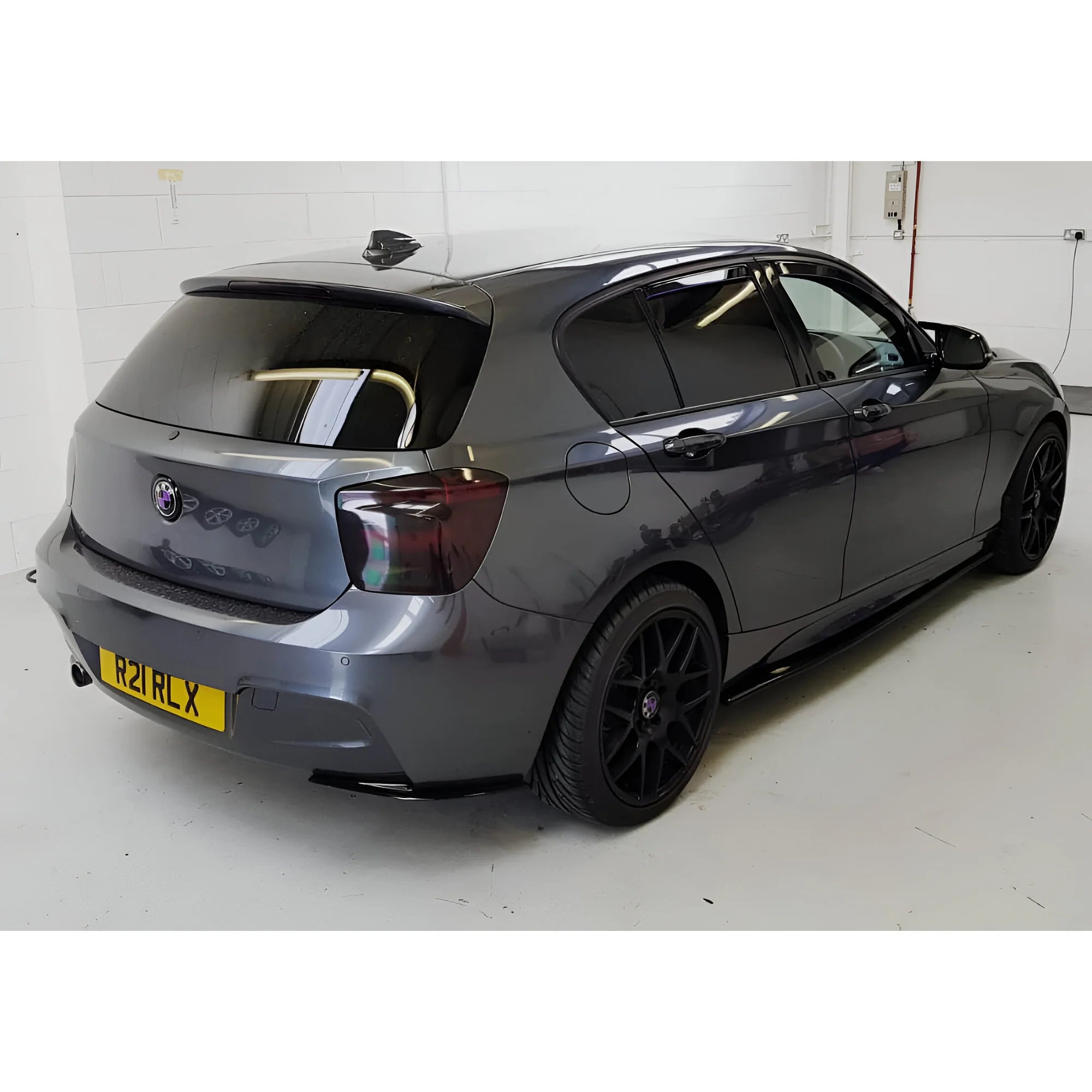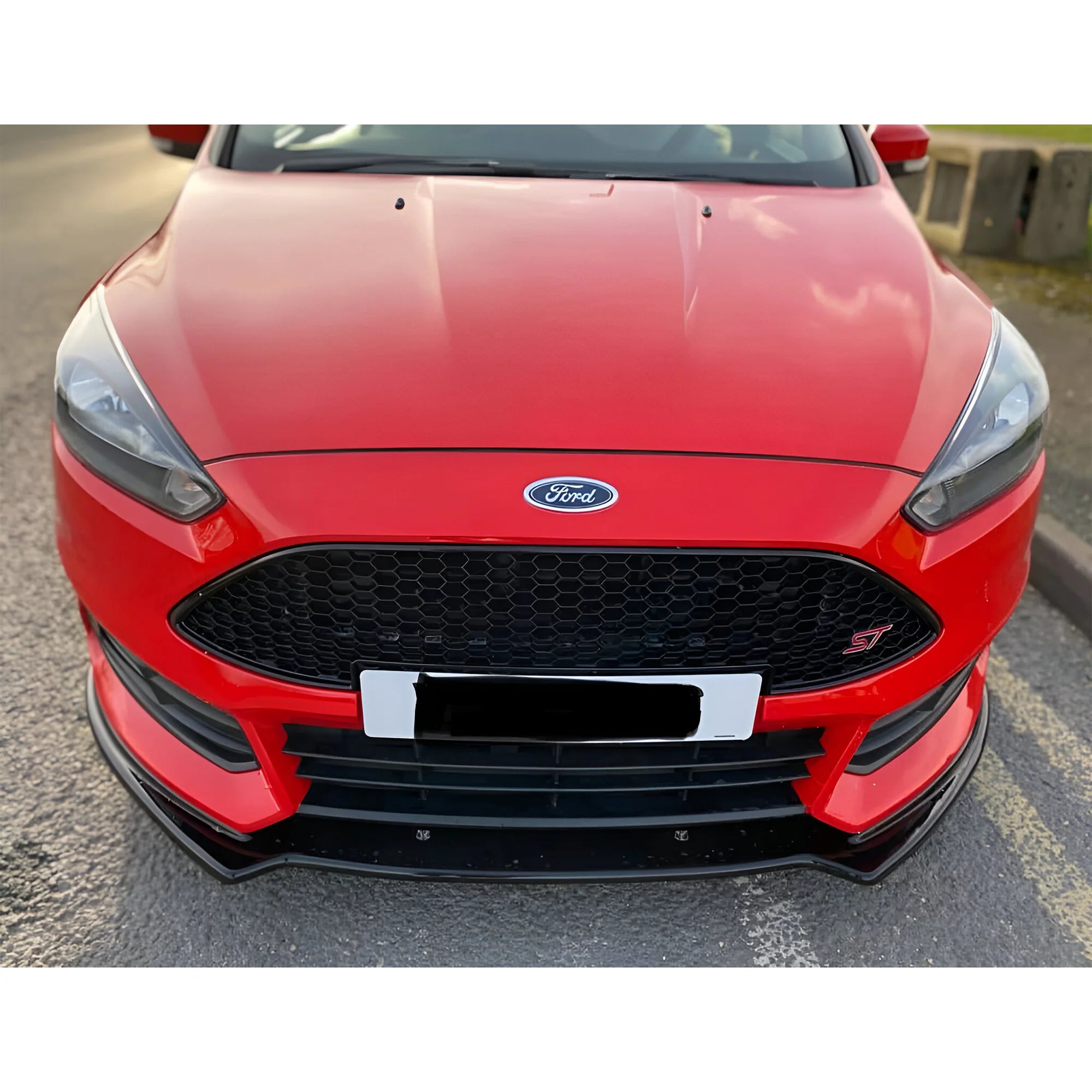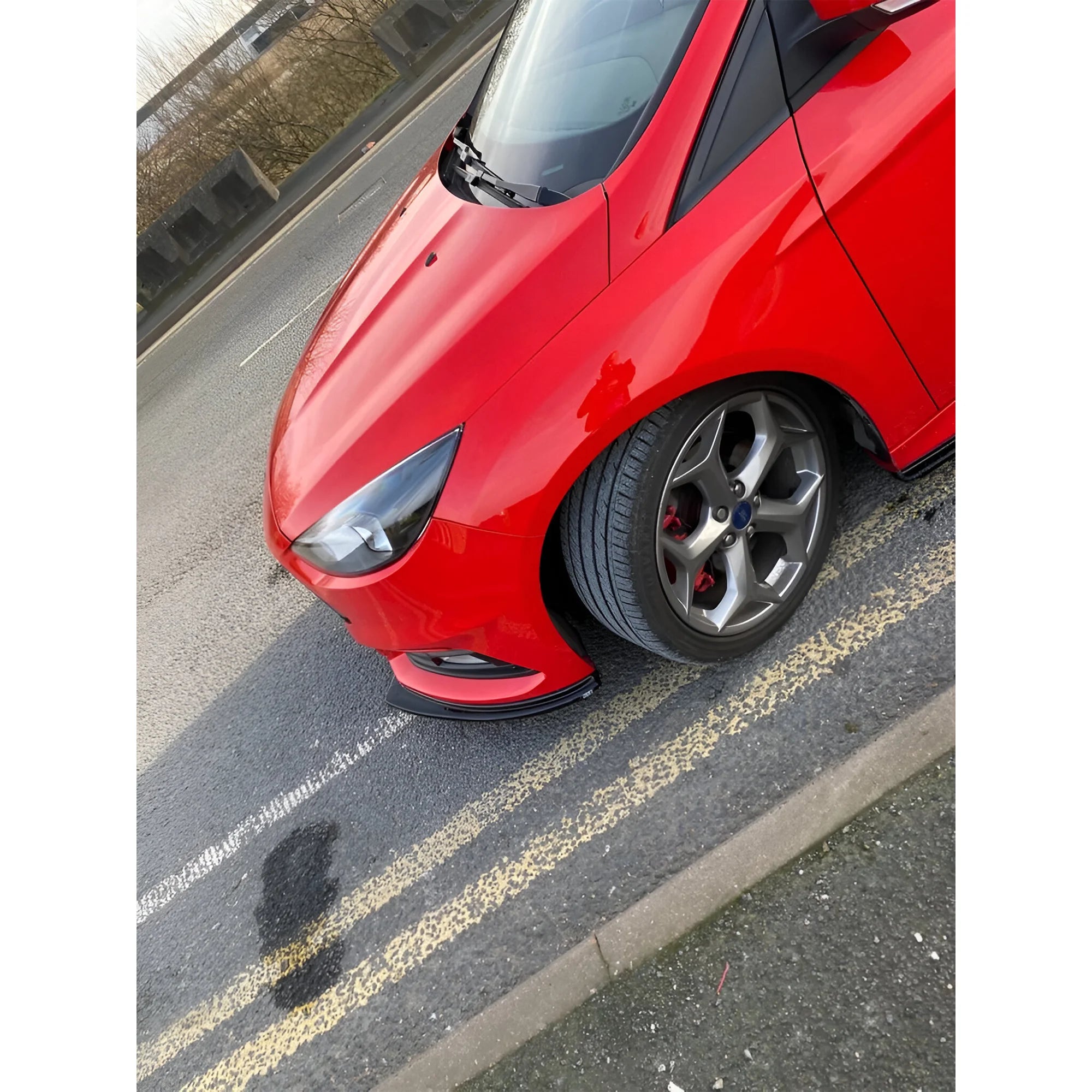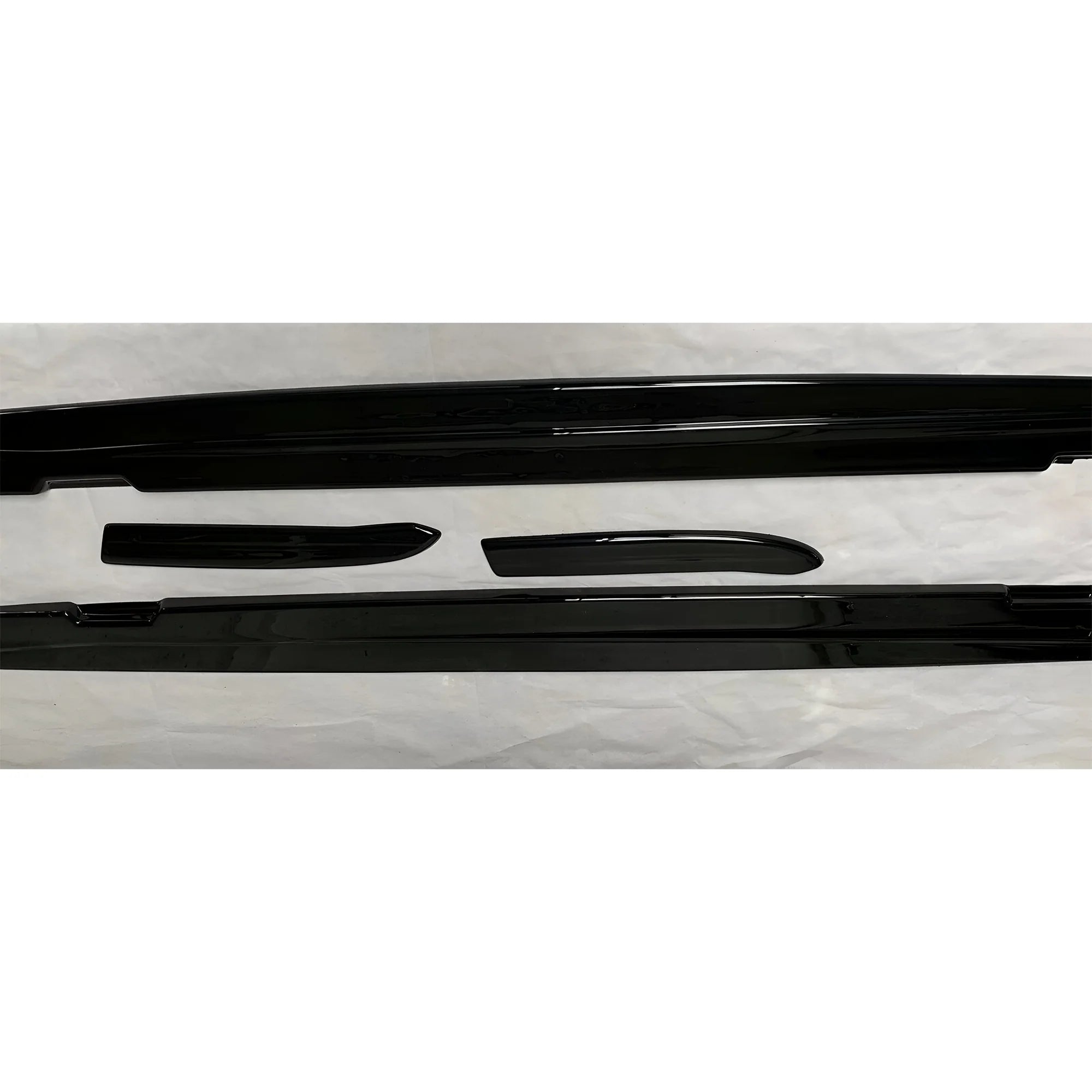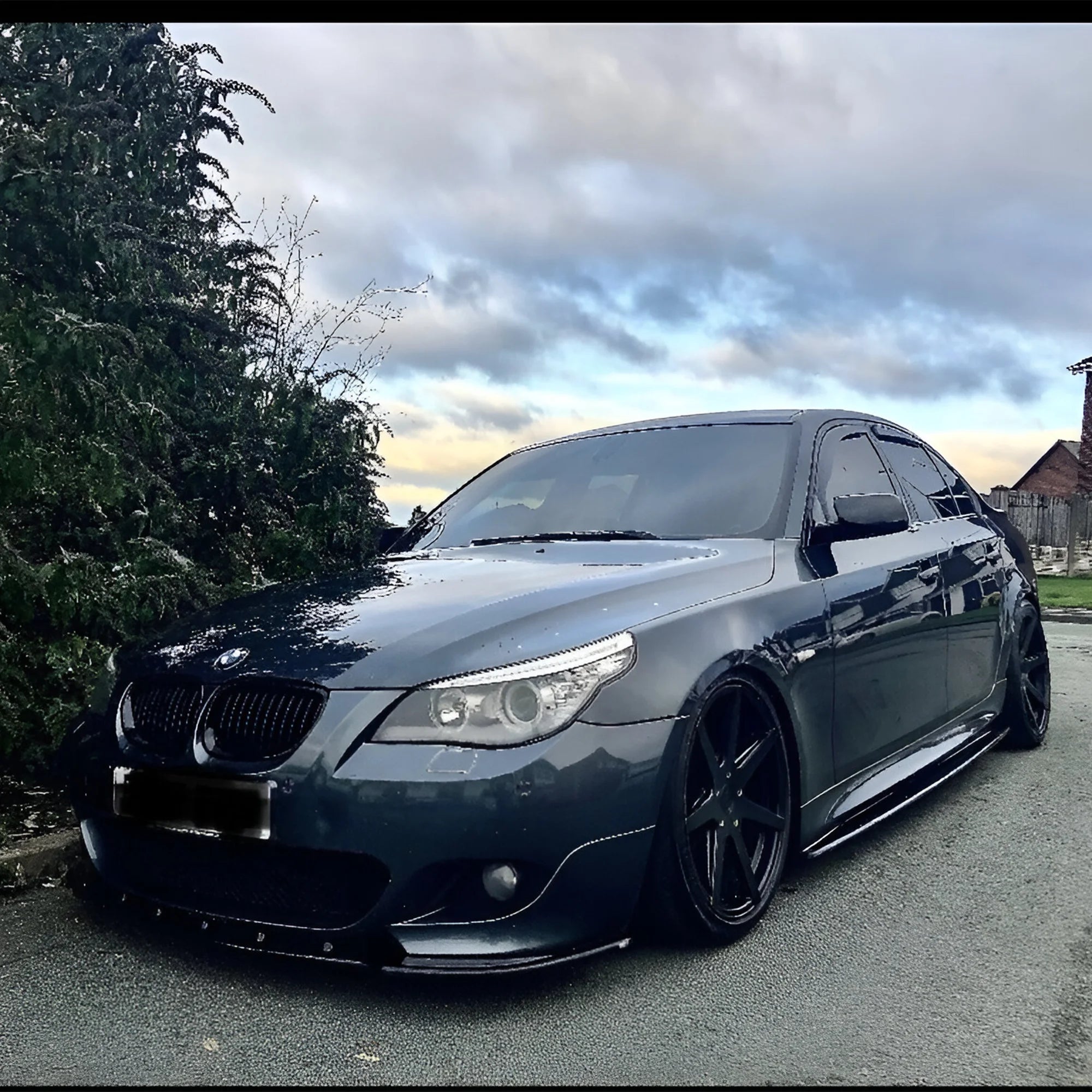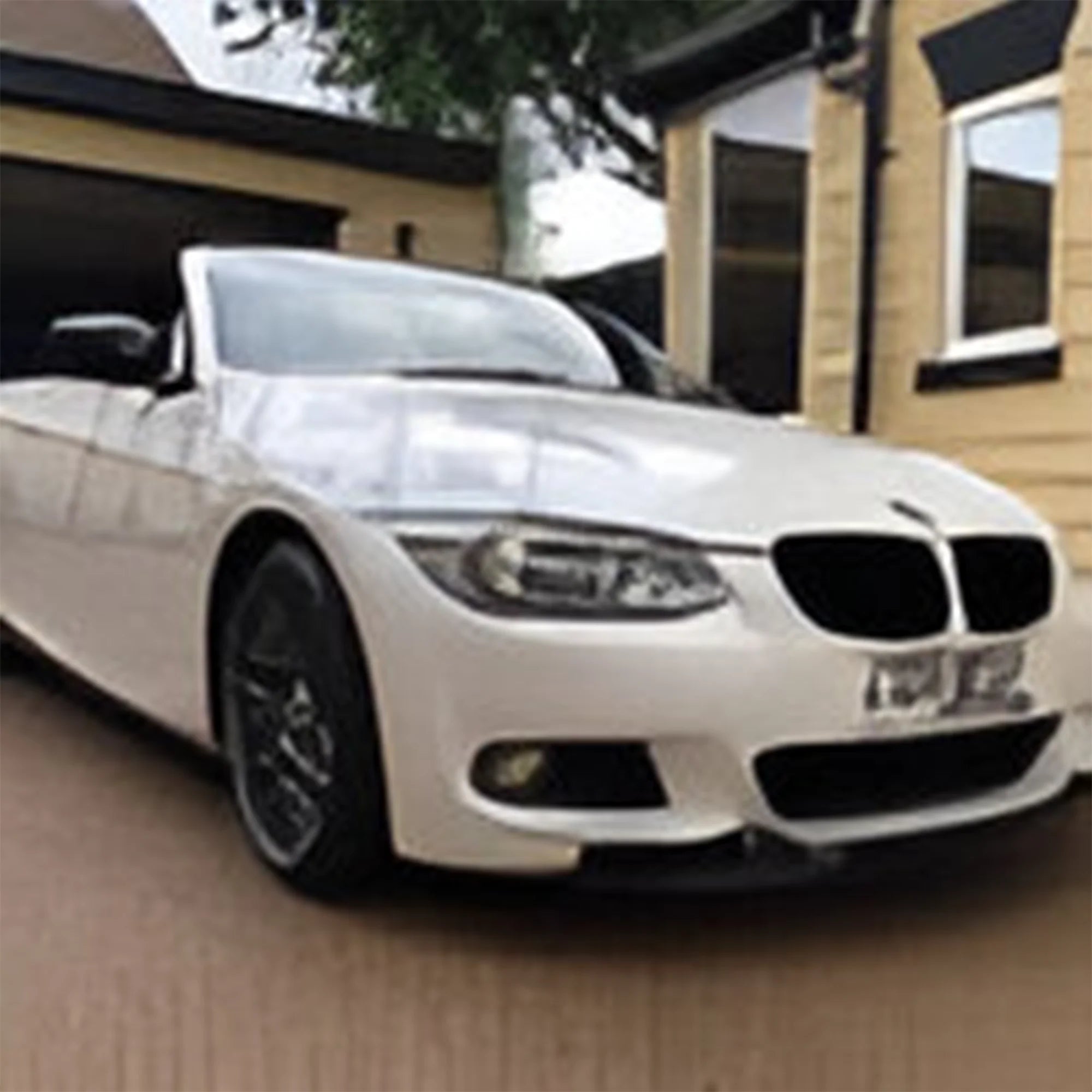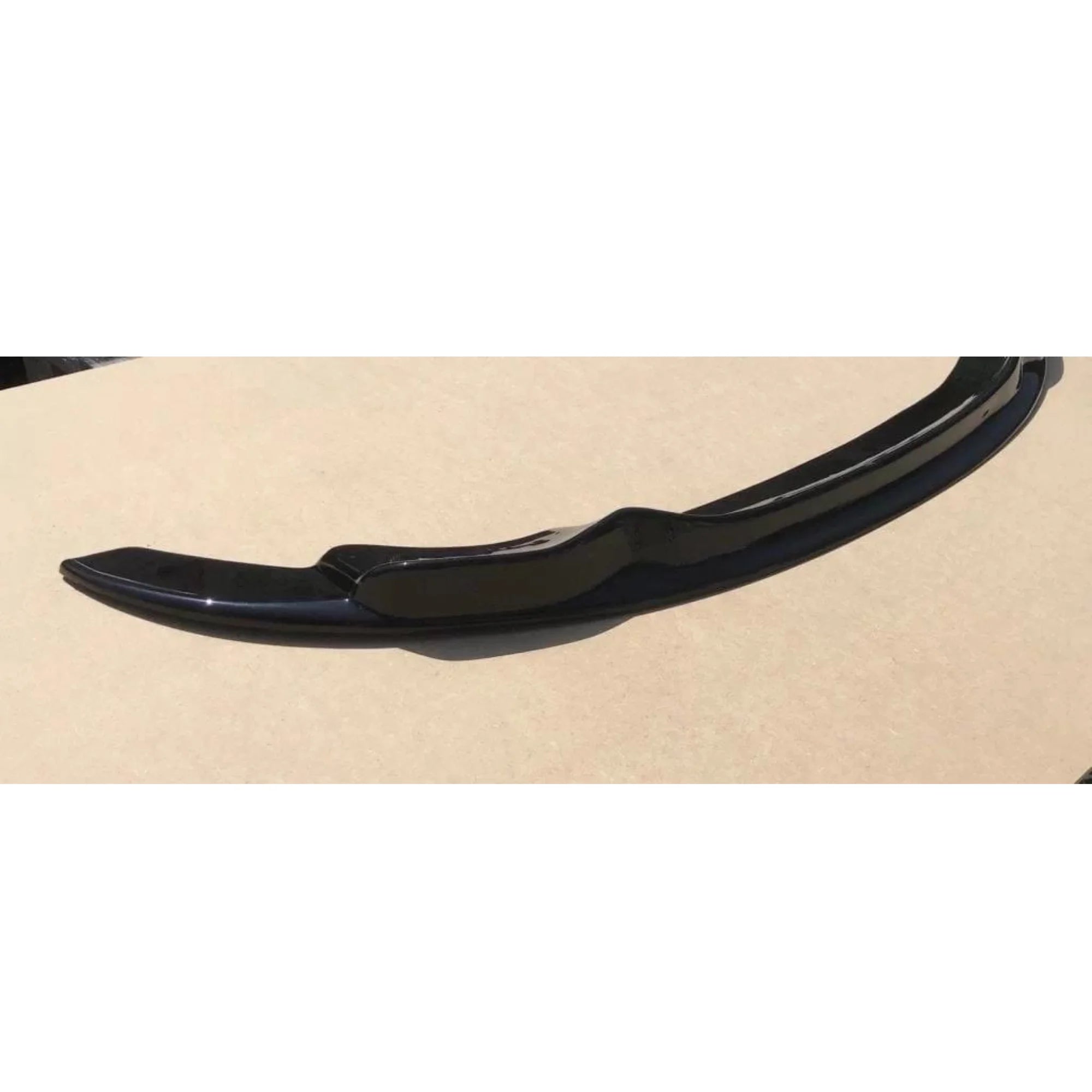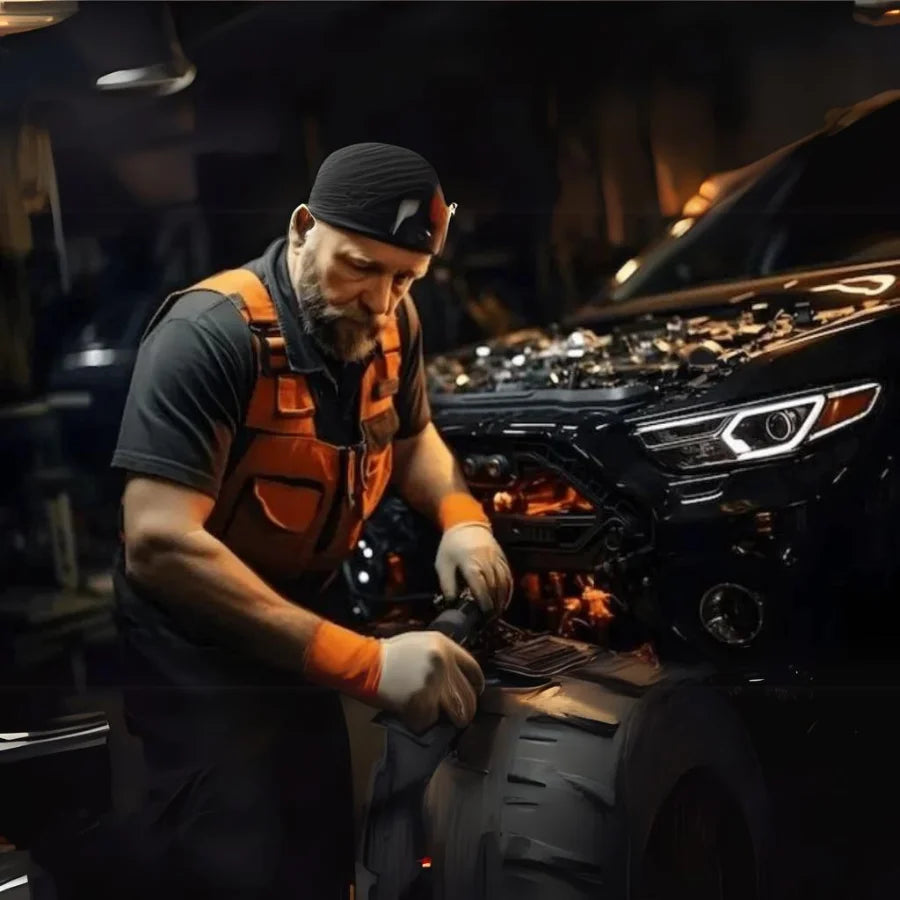
Is a Volkswagen Expensive to Maintain?

When purchasing a car, one often considers the initial cost and the long-term expenses associated with maintenance. A renowned German automaker, Volkswagen has a reputation for producing stylish, high-performance vehicles.
However, the question frequently arises: “Is a Volkswagen expensive to maintain?” This comprehensive blog post delves into various aspects of Volkswagen ownership, exploring the factors contributing to maintenance costs and providing insights to help potential buyers make informed decisions.
How Expensive Are Volkswagen Parts?
Before we dive into maintenance expenses, it’s essential to address the upfront investment required to own a Volkswagen. Historically, Volkswagen cars have been priced competitively in their respective segments, offering a blend of style, performance, and cutting-edge technology. While the initial cost may be higher than some budget-friendly alternatives, many Volkswagen owners argue that the premium features and build quality justify the price tag.
Depreciation and Resale Value
One factor to consider when assessing the overall cost of owning a Volkswagen is the depreciation rate and resale value. Volkswagens generally hold their value well, primarily if adequately maintained. While this doesn’t directly impact maintenance costs, it does influence the overall cost of ownership. A higher resale value can offset some of the expenses incurred during ownership.
Routine Maintenance
Like any other vehicle, white Volkswagen requires routine maintenance to ensure optimal performance and longevity. Regular oil changes, brake inspections, tire rotations, and fluid checks are essential tasks that every car owner must undertake.
The cost of routine maintenance for a Volkswagen is comparable to that of other mid-range to high-end vehicles. However, some argue that Volkswagen’s parts and labour costs can be slightly higher than domestic or Asian automakers.
Specialized Parts and Labor
Volkswagen vehicles are known for their precision engineering and sophisticated technology. While these features contribute to a superior driving experience, they can also produce higher costs for replacement parts and specialised labour.
Genuine Silver Volkswagen parts, recommended for optimal performance, may come at a premium compared to generic alternatives. Additionally, not all mechanics are well-versed in German engineering, and finding a reputable and skilled technician may be a consideration for some owners.
Extended Warranties and Service Plans
Many Volkswagen owners opt for extended warranties or service plans to mitigate the potential financial impact of unexpected repairs. These plans can cover a range of repairs beyond the standard warranty period, offering peace of mind and predictable costs. While these additional protections are priced, they can be a wise investment for managing long-term maintenance expenses.
Common Maintenance Issues
Examining common issues in owners’ reports is crucial to assessing the cost of maintaining a volkswagen atlantic blue. Like any brand, Volkswagens have experienced recurring problems across different models and years. Common concerns include issues with electrical components, transmission, and, in some cases, engine reliability. However, it’s essential to note that not all Volkswagen models are plagued by the same problems, and the severity of issues can vary widely.
DIY Maintenance and Aftermarket Parts
For the more hands-on and budget-conscious owners, do-it-yourself (DIY) maintenance and aftermarket parts are viable options. While performing routine tasks like oil changes or air filter replacements at home can save on labour costs, balancing cost savings and maintaining the vehicle’s warranty is crucial. Using aftermarket parts can be more cost-effective, but it’s essential to ensure compatibility and quality to avoid potential issues down the road.
Environmental Considerations
Another aspect to consider when evaluating the cost of owning a Volkswagen is its environmental impact. Some Volkswagen models, particularly those equipped with diesel engines, have faced scrutiny due to emissions-related scandals. While the company has taken steps to address these concerns and transition to electric and hybrid models, potential buyers should weigh the environmental implications of their purchase.
The Bottom Line!
In conclusion, whether a Volkswagen is expensive to maintain is multifaceted. While the initial cost may be higher than some alternatives, the brand’s commitment to quality and performance often justifies the investment for many buyers. Routine maintenance costs align with industry standards, but specialised parts and labour can contribute to slightly higher expenses.
When deciding to invest in a Volkswagen, one should consider various factors, including personal preferences, budget constraints, and long-term ownership goals. By understanding the nuances of Volkswagen ownership and carefully considering the associated costs, potential buyers can make informed decisions that align with their priorities and expectations.
